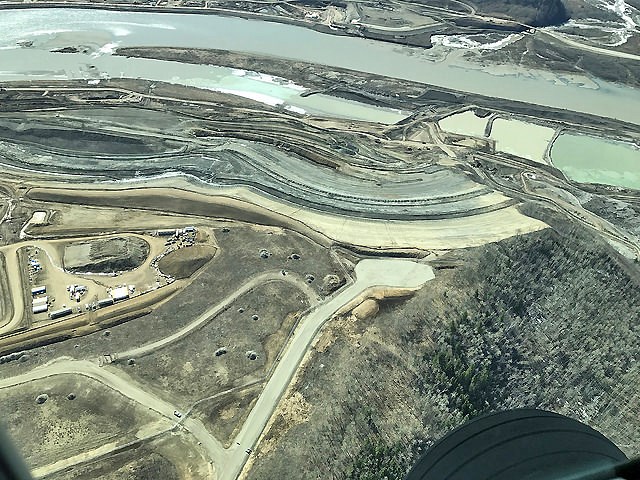Now that the Site C dam decision is out of the way, look for the NDP government to step up its efforts – as meagre as they appear to be – to block the proposed Kinder Morgan pipeline expansion.
Other than a relatively small number of MLAs, I’ve never really detected a lot of passion amongst the NDP caucus when it came to whether Site C should be built or not.
But it’s a different story with the pipeline.
The results of the last election have made the NDP a party that is not only heavily urbanized, but it’s also a party that represents many of the ridings that are located along the path where all those oil tankers loaded with bitumen will be plying the waters.
Burnaby, Vancouver and South Vancouver Island, where the tankers will pass, are collectively home to more than one-third of the NDP caucus.
The dam, on the other hand, is located in the Peace River area, which is about as unfriendly to the NDP as any area of the province.
And the dam simply doesn’t ignite the same kind of passionate debate that the pipeline, and especially that huge increase in tanker traffic, stirs up among most people.
You can be sure most NDP MLAs hear a lot about Kinder Morgan from their constituents, and those conversations are just going to get more numerous and louder over time as the date of any construction approaches.
The recent controversy that saw the National Energy Board rule that the pipeline company could ignore Burnaby bylaws is a good example of how the NDP sees the two projects. Environment Minister George Heyman was quick off the mark, denouncing the ruling in fairly aggressive language.
In fact, I can’t find another instance where an NDP cabinet minister launched such an angry broadside at anything the federal government has done on any file since coming to power.
Don’t expect Heyman to shy away from future clashes with the feds as the pipeline project heats up.
He’s clearly the government’s attack man on this issue, as Premier John Horgan continues to ignore the issue when he meets with Prime Minister Justin Trudeau.
But don’t mistake Horgan and Trudeau’s joint decision to ignore the elephant in the room as a sign the two leaders share some kind of common ground on this issue. They don’t.
The rhetoric will heat up in the months ahead, and at some point Horgan and Trudeau will have to talk about this.
And various political leaders – Trudeau, Horgan, Alberta Premier Rachel Notley and mayors such as Burnaby’s Derek Corrigan and Vancouver’s Gregor Robertson – will have to figure out which of them, ultimately, has control over this pipeline project.
Corrigan clearly believes Burnaby has the right to determine what kind of activity takes place within its borders.
Horgan believes the province should have the right to determine what happens along its coast.
Notley believes her province has the right to ship its natural resources to tidewater through other provinces, since it’s landlocked. And the prime minister, presumably, may have to be the referee.
Trudeau may have to declare the pipeline to be in national interest, and employ a rarely used lever available to push it through.
But being the referee who pushes the pipeline is going to use up a lot of the prime minister’s political capital in B.C.
The prospects of civil disobedience and widespread arrests of protestors, airing nightly on television news casts, are bound to affect public opinion.
If Trudeau gets the sense his party’s electoral breakthrough in B.C. is in jeopardy because of the pipeline, will he stick to his guns and stick with the project?
And as the B.C. NDP government shifts its attention to stopping the pipeline, it will be interesting to see how far Horgan will go to assist in the dismantling of the popularity of a PM with whom, so far at least, he has gotten along with rather well.
Keith Baldrey is chief political reporter for Global BC. [email protected]
What are your thoughts? Send us a letter via email by clicking here or post a comment below.



